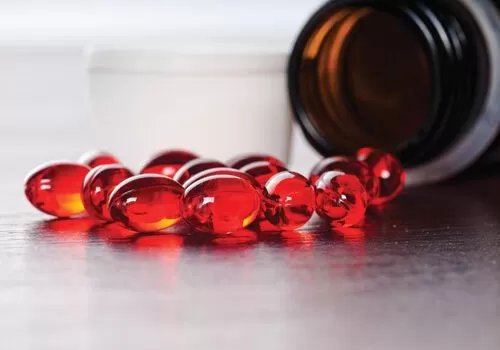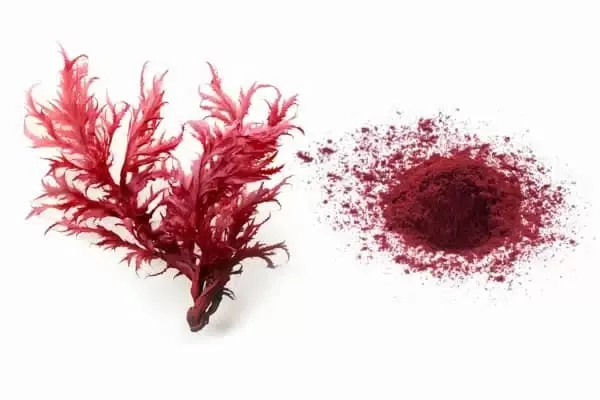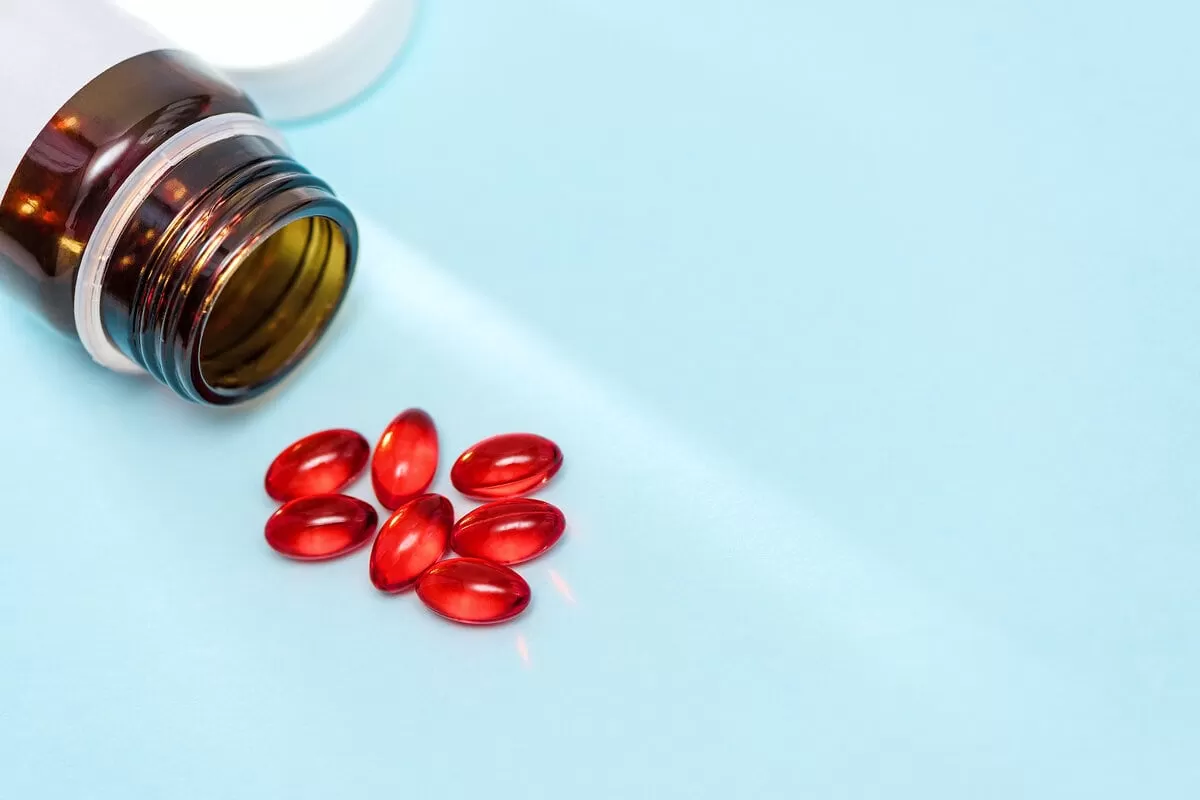- 0086-571-85302990
- sales@greenskybio.com
Astaxanthin: What Happens When You Take It Daily?
2025-04-29
Astaxanthin, a naturally occurring carotenoid, has gained significant attention in the health and wellness community for its potential benefits. Known for its vibrant reddish-orange color, Astaxanthin is found in microalgae, salmon, shrimp, crayfish, and krill. It is widely recognized for its powerful antioxidant properties, surpassing many other antioxidants in its capacity to neutralize free radicals. But what happens when you take Astaxanthin every day? This article delves into the potential effects of daily astaxanthin supplementation on overall health.
Understanding Astaxanthin: The Antioxidant Powerhouse
Astaxanthin's antioxidant prowess lies in its ability to protect cells from oxidative damage, a process that contributes to aging and various diseases. Compared to other carotenoids, astaxanthin is considered more robust due to its unique ability to reside within the cell membrane, providing comprehensive protection from oxidative stress.
Among its many attributes, astaxanthin stands out for its anti-inflammatory, immune-boosting, and skin health-promoting properties. These characteristics have sparked interest in both scientific research and consumer markets, with many individuals considering it as a daily supplement.
Daily Consumption: Potential Health Benefits
1. Enhanced Skin Health
Astaxanthin is known for its potential benefits to skin health, owing to its antioxidant and anti-inflammatory properties. When taken daily, astaxanthin may help protect the skin from the effects of UV radiation, which can lead to sunburn and skin aging. The carotenoid is thought to improve skin elasticity, reduce wrinkles, and support overall skin hydration, presenting a natural option for maintaining youthful skin.
Studies have shown that astaxanthin can reduce visible signs of aging by limiting oxidative damage, making it a popular ingredient in topical formulations and oral supplements alike.
2. Improved Eye Health
Astaxanthin's antioxidant properties also extend to supporting eye health. It naturally accumulates in the retina, where it helps protect against oxidative damage and inflammation. Regular consumption of astaxanthin may reduce the risk of eye conditions such as age-related macular degeneration and cataracts.
Research suggests that the carotenoid improves blood flow to the eyes and alleviates eye fatigue, which is particularly beneficial for people who spend long hours in front of screens or engage in visual-intensive tasks.
3. Cardiovascular Benefits
Daily intake of astaxanthin may offer benefits to cardiovascular health by reducing oxidative stress and inflammation, factors contributing to heart disease. Astaxanthin enhances blood lipid profiles by decreasing LDL cholesterol oxidation and increasing HDL cholesterol levels, promoting heart health.
Additionally, astaxanthin improves blood vessel elasticity and reduces arterial stiffness, supporting healthy blood pressure maintenance. These combined effects highlight the carotenoid's role as a potential ally in cardiovascular wellness.
4. Muscle Recovery and Performance
For athletes and active individuals, astaxanthin may improve physical performance and assist in faster muscle recovery. Its anti-inflammatory properties help alleviate exercise-induced inflammation and muscle damage, enabling athletes to recover more rapidly after strenuous workouts.
The carotenoid has also been associated with increased endurance and reduced muscle fatigue, allowing for prolonged periods of activity and potentially enhancing athletic performance.
5. Boosted Immune System
Astaxanthin is thought to have immune-boosting properties due to its capacity to modulate immune responses and reduce chronic inflammation. By protecting immune cells from oxidative damage, astaxanthin aids in maintaining robust immune function.
Regular intake may help the body better respond to infections and reduce inflammation, supporting an overall healthy immune system.
Considerations and Side Effects
When considering daily astaxanthin supplementation, it is imperative to adhere to recommended dosages to avoid potential side effects. Generally, doses ranging from 4 to 12 mg per day are considered safe and effective, with minimal adverse effects. However, excessive consumption could potentially lead to gastrointestinal discomfort or skin discoloration.
Individuals considering astaxanthin supplementation should consult healthcare professionals, particularly individuals with pre-existing medical conditions or those taking other medications, to ensure safe use.
Conclusion: Is Daily Astaxanthin Right for You?
Astaxanthin holds promise as a multifaceted supplement, offering a range of potential benefits from enhanced skin health to improved cardiovascular and immune function. Its potent antioxidant properties make it a valuable addition to a daily health regimen for many.
However, like any supplement, astaxanthin is most effective when combined with a balanced lifestyle, including a nutritious diet and regular physical activity. Consulting with healthcare practitioners can help tailor astaxanthin usage to individual health needs and goals, ensuring that users maximize the potential benefits of this remarkable carotenoid.
As research continues to explore the full spectrum of astaxanthin's benefits, incorporating this "super-antioxidant" into daily routines offers an opportunity to harness nature's power in supporting overall health and well-being.
-
What are the benefits of astaxanthin?
2025-04-29
-
What is astaxanthin made from?
2025-04-29
-
What Is Astaxanthin Supplement
2025-04-29
-
What Is The Function Of Astaxanthin
2025-04-29
-
what is astareal astaxanthin
2025-04-29














